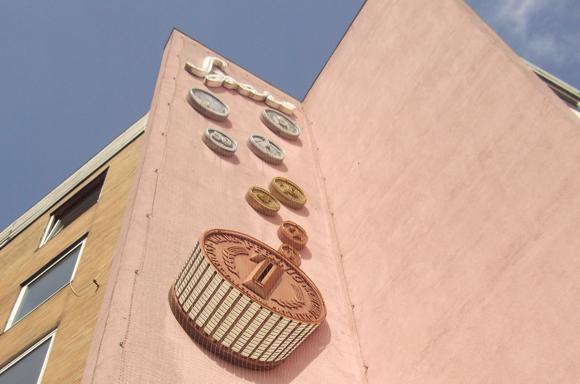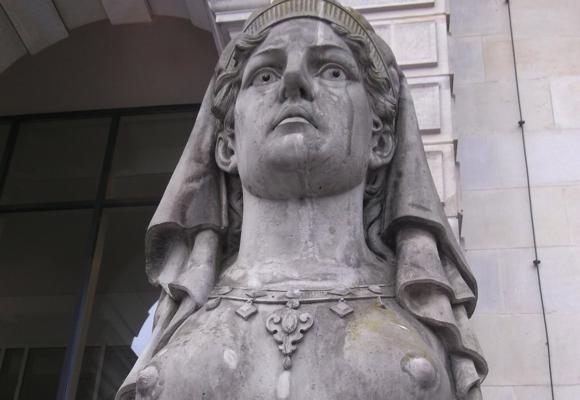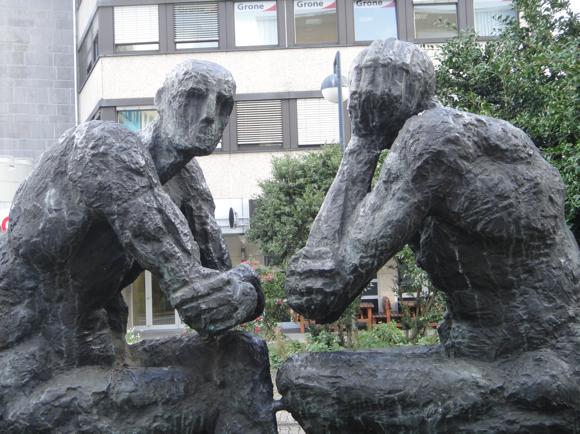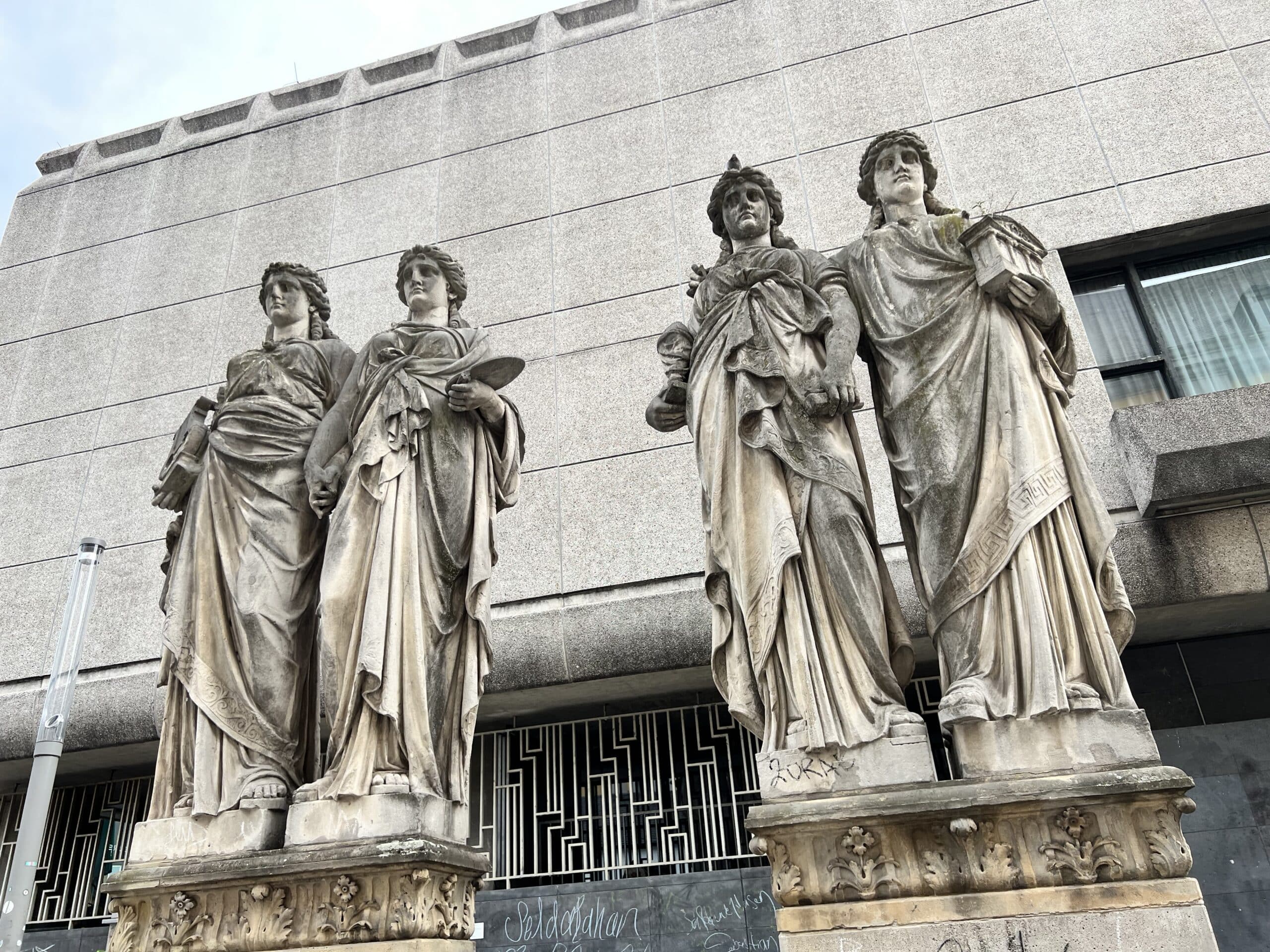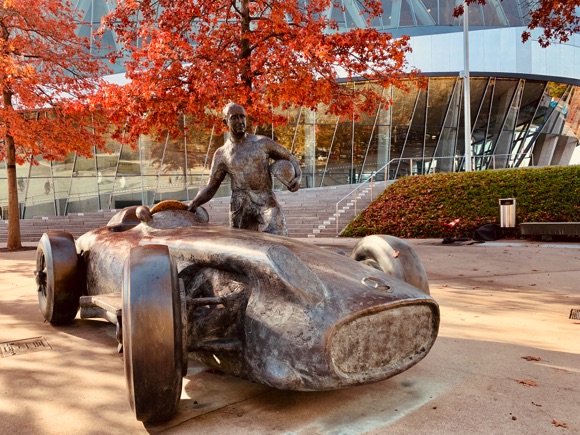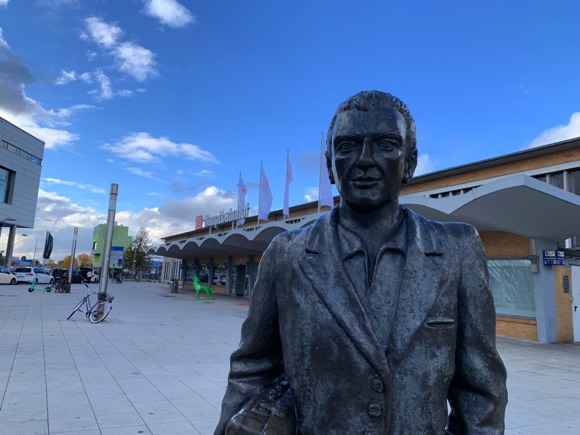Teams, tales and tips – a guide to the local game
Augsburg had never seen a football occasion like it. Beckenbauer, Seeler and Sepp Maier, delegations from Juventus, all gathered to honour the city’s favourite son: Helmut Haller.
The Serie A star and scorer of the first goal in the 1966 World Cup Final passed away in 2012. The Augsburg-born blonde playboy had turned out for both local clubs, starting his career at BCA and serving FCA twice, the last time within weeks of his 40th birthday.

Although not a city identifiable by one flagship club, Augsburg also nurtured the early careers of Bernd Schuster and Karl-Heinz Riedle. Now with a contemporary stadium, the SGL Arena, out by the Fujitsu and Siemens plants on the southern outskirts of town, Augsburg has the right stage – and now it is using it for Europa League football in 2015-16.
Months after Haller’s funeral, FC Augsburg, a complicated amalgam of historic clubs reformed in 1969, saved themselves from relegation by beating already doomed Greuther Fürth on the last day. By 2013-14, Augsburg’s last-day drama centred on qualification for Europe. In 2014-15, they qualified.
The year of 1907 is the one referred to most often as the one of FCA’s foundation – but the club formed in 1907 were Fußball-Klub Alemania Augsburg. Already there was a football department of MTV Augsburg and, founded a year later, a Fußballclub Augsburg. The latter would merge with the multisport TSV Schwaben Augsburg in 1925. The lilac and whites still play today at the Ernst-Lehner-Stadion, named after the 1934 World Cup semi-finalist who starred for them.

After World War I, another team, Ballspiel-Club Augsburg were formed, and became founder members, along with TSV Schwaben, of the Oberliga-Süd established in 1945. The highest level of football across southern Germany, this was where Haller first played. Though never champions, BCA and TSV Schwaben hold respectable positions in the all-time league table.
With the inaugural Bundesliga in 1963, BCA were placed in the second-flight Regionalliga-Süd but slipped down and by 1969 were bankrupt. Merging with the football department of TSV Schwaben, the two clubs formed today’s FC Augsburg. TSV Schwaben kept a football team of their amateur players, who would cross paths with the underachieving, modern-day FCA in the third flight in 1981.
Getting Around
Arriving in town, local transport and timings
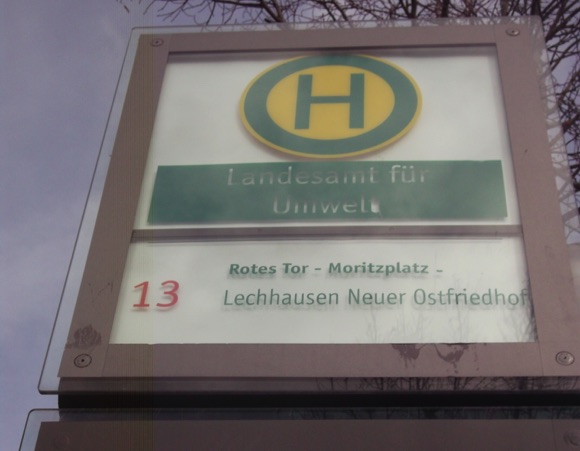
The nearest airports to Augsburg are both about 90km (55.5 miles) away: Munich and the budget-air hub of Memmingen. Augsburg-based Bavaria Flughafen Transfer (+49 821 499 001) specialises in communal airport taxis (prices from €44/€55 per person to/from Munich). A train from Munich station to Augsburg takes 30-45mins and costs €12.50-€20.50. S-Bahn lines S1/S8 take 45mins from airport to Munich station. If you’re just using the cheaper regional train to Augsburg, then the handy Bayern-Ticket (€22/1 person, €26/2 people, €30/3 people) allows you to use transport in both cities up to 3am the next day, along with the rail journey.
From Memmingen Airport, hourly buses 810/811 (€3 single, 12min journey time) run to Memmingen station. The train to Augsburg requires one change elsewhere in Bavaria. It should take about 90mins and can cost under €20 online. A private taxi (+49 8331 2323) from Memmingen Airport to Augsburg should cost €120.
City transport consists of four tramlines and buses. A single ticket is €1.30, €2.50 for a journey such as from station to stadium.
Where to Drink
The best pubs and bars for football fans

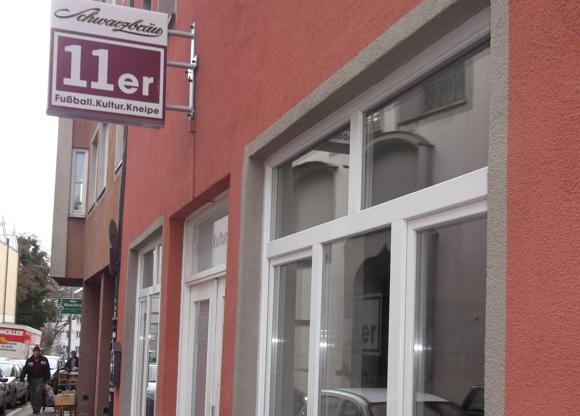

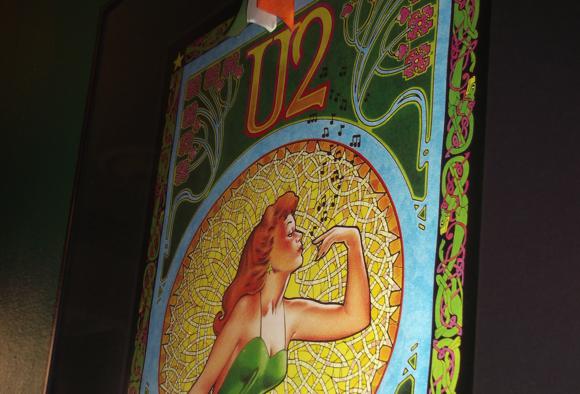
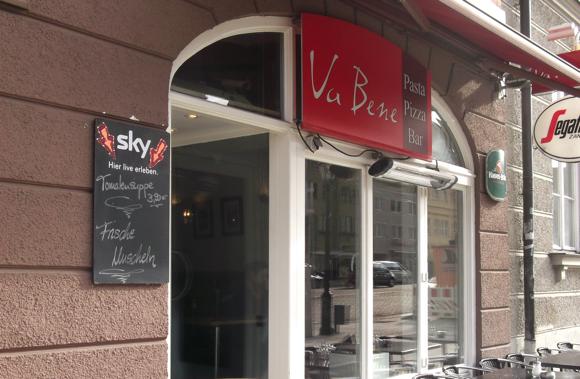



Augsburg is home to one of Germany’s (Europe’s?) finest contemporary football bars, FCA fan Markus Krapf’s 11er. Taking the place in local lore of the PELE-Sportbar, set in narrow Dominikanergasse behind Maximilianstraße, 11er (‘Fußball.Kultur.Kneipe’) offers maxi- and flat-screen action, plus live sounds, films and table football. Sought-after beers (draught Exquisit, bottled Schwarzbräu) complement the house special of vodka Bionade.
All takes place in a stark white space juxtaposed with patches of green turf on each table. Doors open from 7pm Mon-Thur, from 5.30pm on Fri and 1pm Sat/Sun, except on match days when Herr Krapf is, obviously, elsewhere.
In summer, the bar opens only Fri/Sat eves and the action moves to the Rosenau – Der 11er-Biergarten at Stadionstraße 21. A 15min walk or 5min journey by bus (line B1 to Burgfrieden) from the station, it’s attached to the restaurant of the old Rosenau Stadium, still in operation.
Back in town, on Maximilianstraße Italian café/restaurant Va Bene (No.77) and party-focused Peaches take their sports seriously. Round the corner, the Rio Bar can shake a thing or two.
Finally, Flanagan’s Post is the main Irish pub in town, large and lived-in, with TV football – the Hotel Post in the same building has closed.
Where to stay
The best hotels for the stadium and city centre


The Augsburg Tourist Office has a free reservation service.
There are no hotels around the stadium. In town, the Steinberger Drei Mohren Augsburg is the best there is, a 500-year-old landmark right on Maximilianstraße, with spa and fine dining.
More affordable and friendly with it, the Hotel Ost Am Kö is a centrally located, mid-range three-star.
Two cheapish chain hotels stand near the station: the InterCity and the Ibis.





